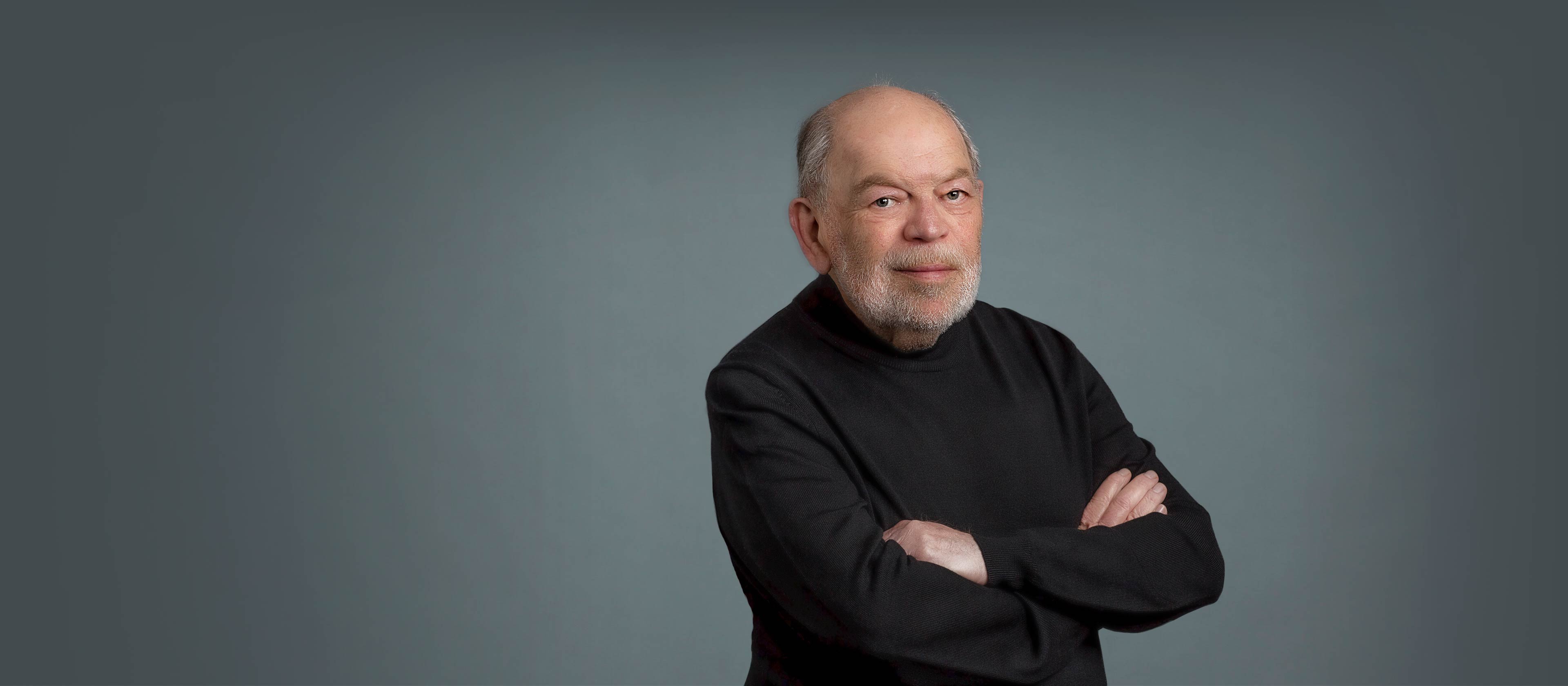Main content

Professor, Department of Anesthesiology, Perioperative Care, and Pain Medicine
Julius Raynes Professor of Neuroscience and Physiology, Department of Neuroscience
We are interested in how neuronal activity regulates behavior. Toward this goal, we study how brain function depends on the properties of individual neurons and the circuits they make with other neurons. Our main focus is on the cerebral cortex, the largest and most complex part of the mammalian brain. The computations that take place in this brain area are essential for normal perception, memory, motor control, and cognition. It is where acquired sensory information about the external world is integrated with past experience (memories) in order to predict and command appropriate behavior. We aim to understand how the basic properties of different types of cortical neurons, the building blocks of the cerebral cortex, and their connections contribute to behavior. We study the diversity of cortical neurons and the connectivity among different cell types, as well as the ion channels and other intrinsic factors that control their excitability, the dynamic properties of their synapses and how these properties are regulated by neuromodulators. We then manipulate neuronal properties and cortical circuits and study how these manipulations affect function. We are currently emphasizing two areas of research: i) characterization of the circuits by which distinct GABAergic interneurons shape cortical information processing and ii) the mechanisms by which acetylcholine, a neuromodulator with key roles in the control of cognitive function, modulates cortical function. To address these questions, we use a multidisciplinary approach that combines molecular, genetic, and anatomical techniques with electrophysiological, imaging, and optogenetic methods in vitro and in vivo as well as behavioral methods. We hope to unravel cellular and circuit mechanisms that mediate cortical function and gain insight into how dysfunction of ion channels, cortical neurons, and neuromodulatory systems contributes to neurological and psychiatric disease.
212-263-0431
212-263-9120
Science Building, 435 East 30th Street
12th Floor, Room 1213
New York, NY 10016
Julius Raynes Professor of Neuroscience and Physiology, Department of Neuroscience at NYU Grossman School of Medicine
PhD from Cambridge University
MD from National University of Mexico
Science. 2025 Sep 04; 389(6764):eadv5638
bioRxiv.org : the preprint server for biology. 2025 May 17;
Frontiers in cellular neuroscience. 2024 Aug; 18:1414955
Neuron. 2023 Sep 06; 111(17):2675-2692.e9
Journal of neuroscience. 2023 May 03; 43(18):3202-3218
Neuron. 2021 Nov 03; 109(21):3473-3485.e5
Annual review of neuroscience. 2021 Jul 08; 44:221-252